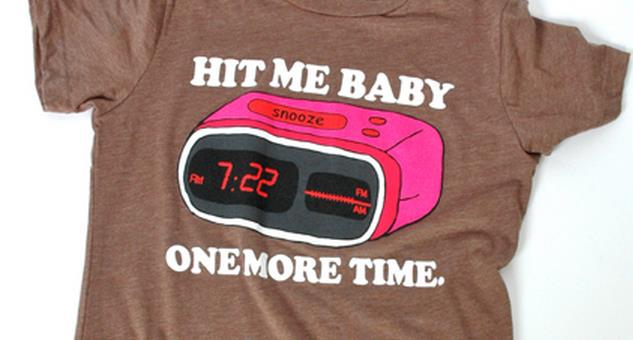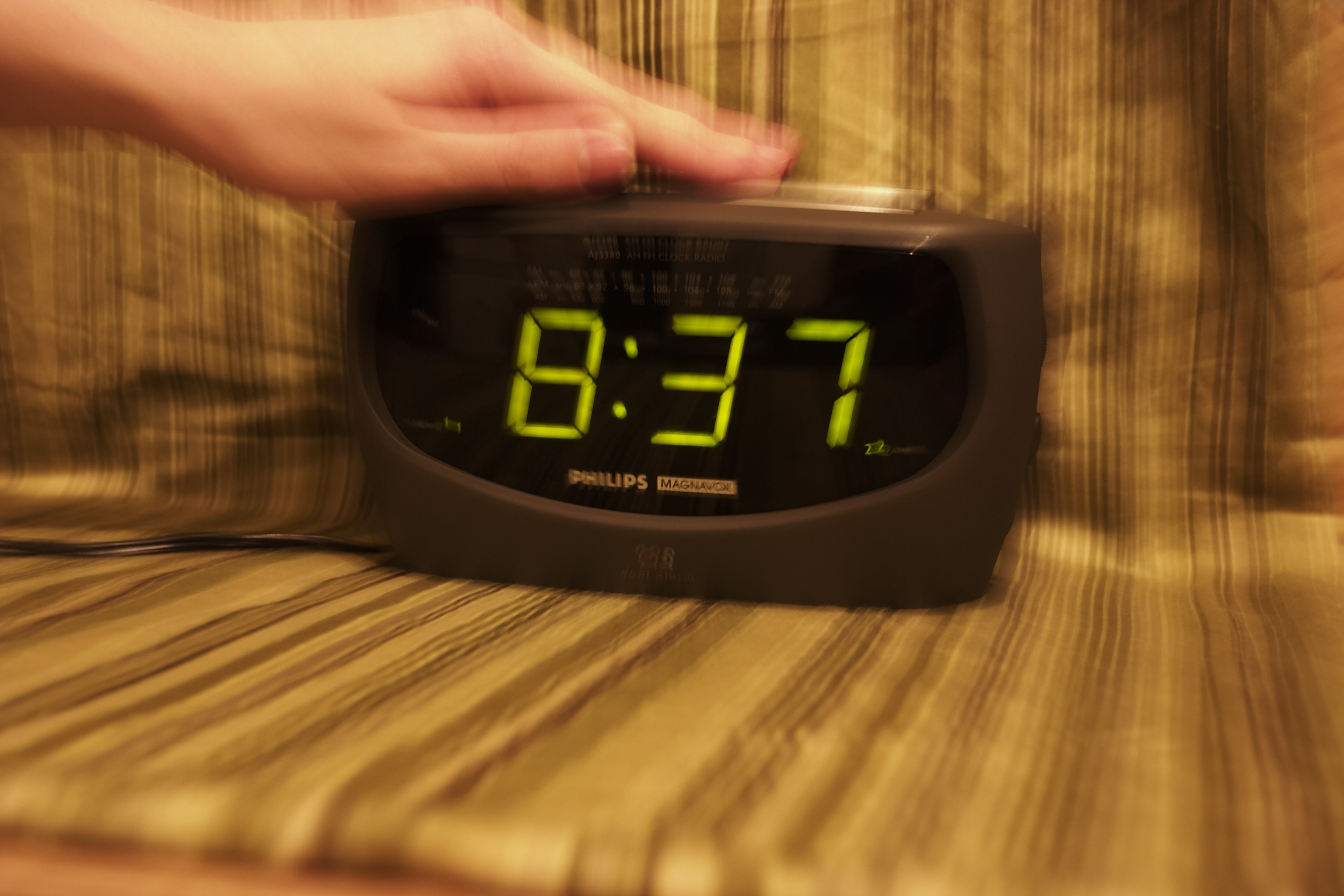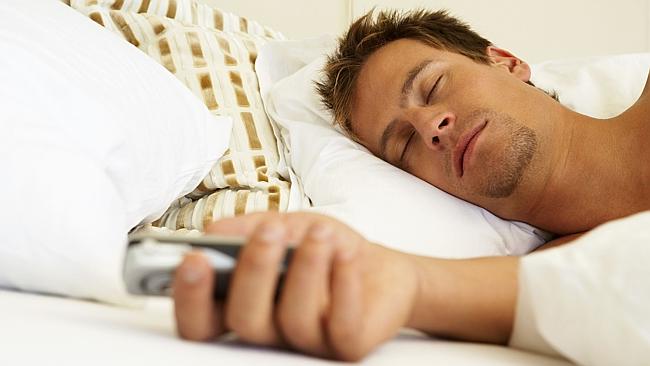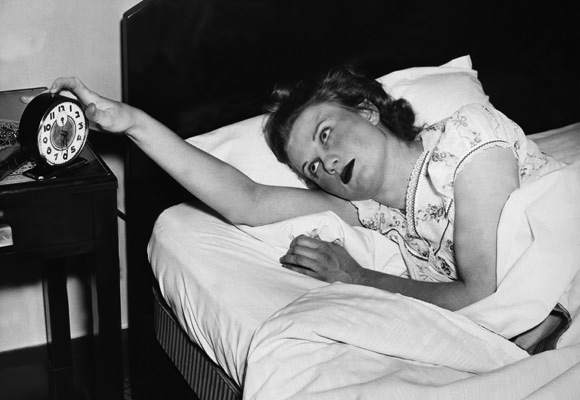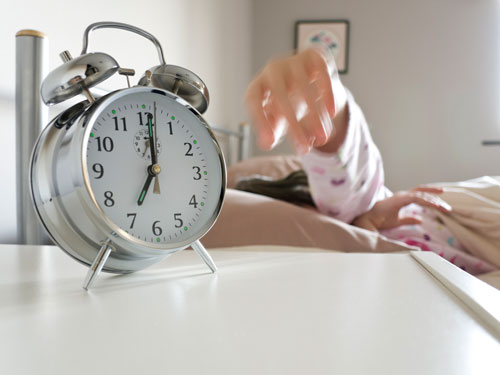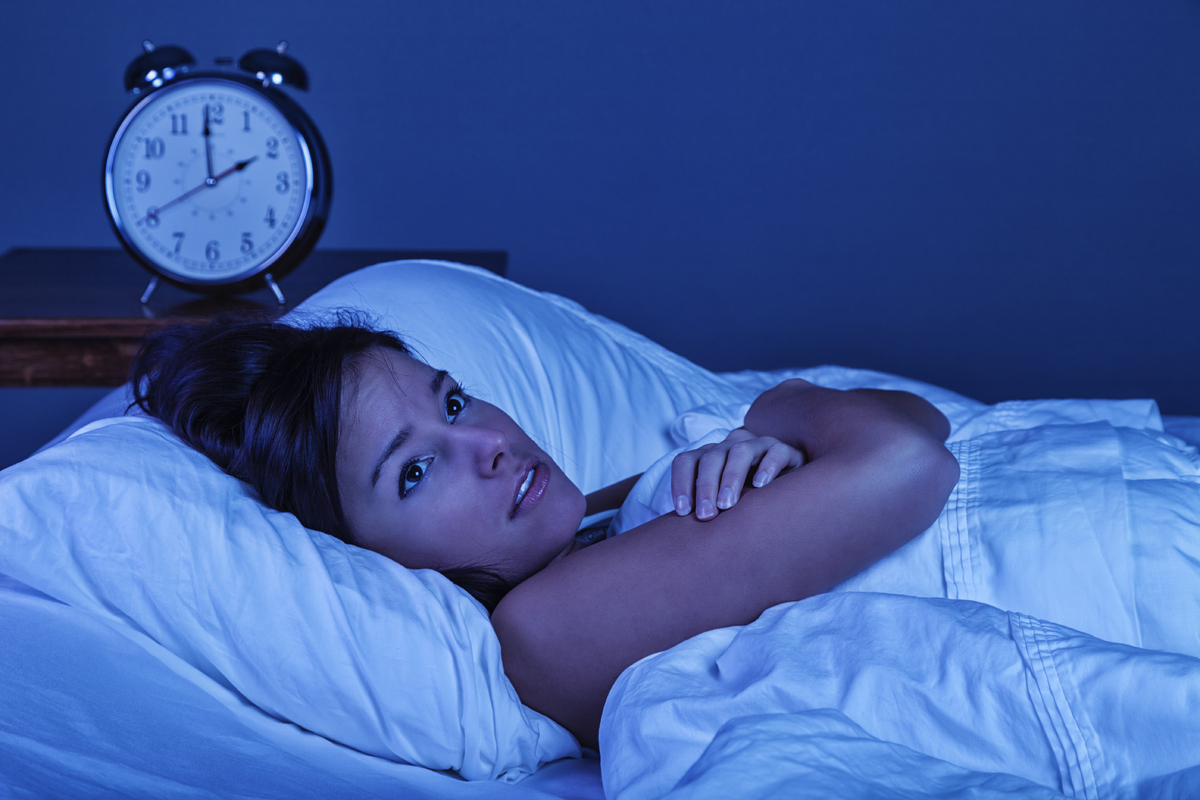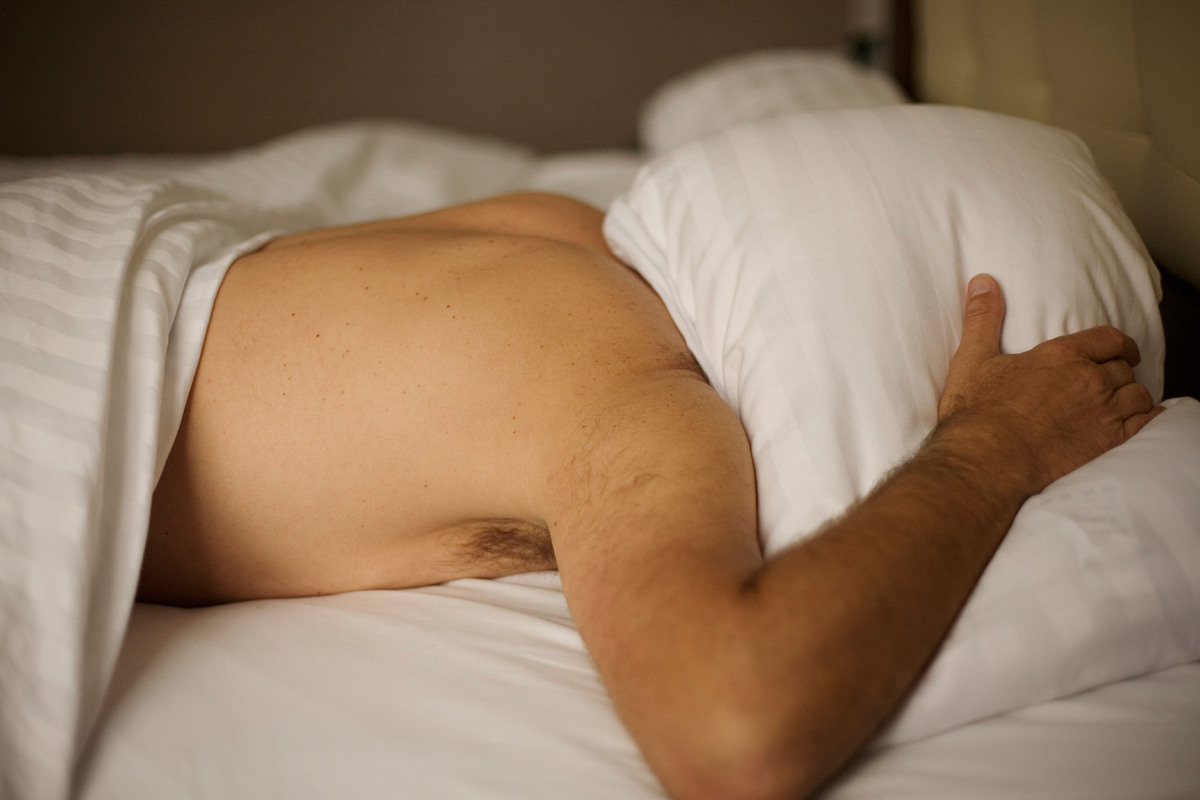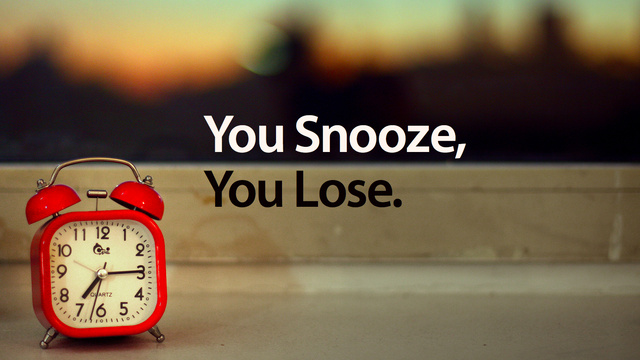[FACT OR FAKE #36] Hitting The Snooze Button Will Ruin Your Entire 2014
It's all too tempting to hit the snooze button when the alarm goes off in the morning. Should you do it? How does hitting the snooze button affects us? Is it beneficial or detrimental?
Do you say THAT to yourself EVERY TIME you hit the snooze button in the morning?
You’ve probably uttered “just 5 more minutes” at some point in your life. In a post-sleep daze, hitting the snooze button on your alarm may even feel like just about the most logical reaction in the world.
bustle.comIn the modern age, it's rare to wake up naturally on a typical work day. You set the alarm on your alarm/smart phone the night before and it rudely jerks you out of bed in the morning.
So you open one eye, rummage for your phone and hit the snooze button for a few more glorious minutes of sleep. And then maybe another spell after that.
telegraph.co.ukYou may not even remember punching the alarm to shut it up — until you’re suddenly bolting out of bed to catch the last morning bus to work. But your body sure remembers it. Oh yes, it does!
Even if being awoken by a blaring alarm seems like the most natural thing in our 9-to-5 world, research indicates that unnatural patterns of sleep may be harmful in the long run.
bustle.comEven though humans convince themselves otherwise, it turns out the snooze button actually hinders our ability to fully wake up — and makes us feel as if we gotten a worse night’s sleep than in actuality.
newyorker.comBy hitting the snooze button may seem like you’re giving yourself a few extra minutes to collect your thoughts. But what you’re actually doing is making the wake-up process more difficult and drawn out.
If you manage to drift off again, you are likely plunging your brain back into the beginning of the sleep cycle, which is the worst point to be woken up—and the harder we feel it is for us to wake up, the worse we think we’ve slept.
newyorker.comFACT: You might think the extra few minutes will give you time to wake up, but it does more harm than good. Here's how.
People whose sleep is often interrupted or irregular can suffer from a variety of problems in their everyday life from fatigue to illness.
But setting the alarm clock to "snooze" after a disturbed night could make things worse for those who have trouble sleeping because it throws the body's natural clock off its natural rhythm and exacerbates the problem.
After you hit snooze and drift off, your brain starts its sleep cycle all over again. When the alarm goes off a second time, you're likely at an even deeper, earlier part of your sleep cycle, which results in you feeling even worse than you did the first time.
This video explains why hitting that snooze button does more harm than good:
One of the consequences of waking up suddenly, and too early, is a phenomenon called sleep inertia. First given a name in 1976, sleep inertia refers to that period between waking and being fully awake when you feel groggy.
The more abruptly you are awakened, the more severe the sleep inertia. While we may feel that we wake up quickly enough, transitioning easily between sleep mode and awake mode, the process is in reality far more gradual.
newyorker.comOur brain-stem arousal systems (the parts of the brain responsible for basic physiological functioning) are activated almost instantly. But our cortical regions, especially the prefrontal cortex (the part of the brain involved in decision-making and self-control), take longer to come on board.
In those early waking minutes, our memory, reaction time, ability to perform basic mathematical tasks, and alertness and attention all suffer. Even simple tasks, like finding and turning on the light switch, become far more complicated.
bustle.comAs a result, our decisions are neither rational nor optimal. In fact, according to Kenneth Wright, a neuroscientist and chronobiology expert, “Cognition is best several hours prior to habitual sleep time, and worst near habitual wake time.”
newyorker.comIn the grip of sleep inertia, we may well do something we know we shouldn’t. Whether or not to hit the snooze button is just about the first decision we make. Little wonder that it’s not always the optimal one.
If you're waking up tired every morning, it's time to face facts: You're not getting enough sleep, and no amount of snoozing is going to fix it. Here's what you can do.
The best advice is to keep going to bed earlier until you naturally wake up just before your alarm—then you know you're getting all the sleep your body needs.
But who are we kidding? However nice it would be live without an alarm clock, it probably isn't gonna happen. If the temptation of the snooze button is too much, you can at least try and minimize the negative effects it has.
The optimal nap length is around 20 minutes. Less than that, and you gain little benefit. But much more, and you risk falling into deep sleep, which will make the wake-up more difficult. Squeezing in a nap isn't ideal, but it's less disruptive than a 5- or 10-minute morning snooze time.
The bottom line is that if you chronically find the need to hit the snooze alarm, something is probably wrong
You may be out of sync with your internal circadian clock. You may be a night owl trying to keep the work schedule of a morning lark.
You may be someone who is failing at attempting to burn the candle at both ends. Alternatively, you may have a sleep disorder that unbeknownst to you is disrupting and depriving you of quality sleep.
newyorker.comHitting the snooze button is a poor substitute for healthy sleep.
telegraph.co.uk